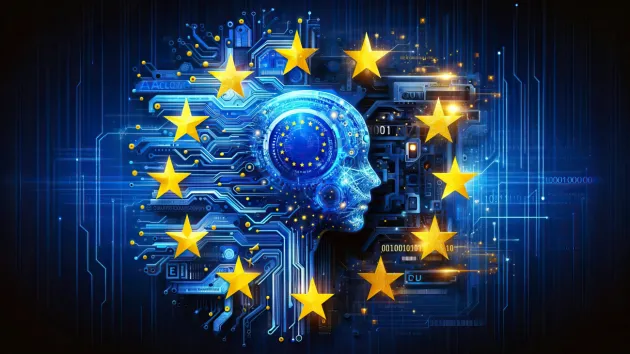
The AI act is a key element of the European Union’s (EU) policy to foster the development and uptake across the single market of safe and lawful AI that respects fundamental rights.
The Council of the EU have approved a ground-breaking law aiming to harmonise rules on artificial intelligence, the so-called artificial intelligence act. The flagship legislation follows a ‘risk-based’ approach, which means the higher the risk to cause harm to society, the stricter the rules. It is the first of its kind in the world and can set a global standard for AI regulation.
The new law aims to foster the development and uptake of safe and trustworthy AI systems across the EU’s single market by both private and public actors. At the same time, it aims to ensure respect of fundamental rights of EU citizens and stimulate investment and innovation on artificial intelligence in Europe. The AI act applies only to areas within EU law and provides exemptions such as for systems used exclusively for military and defence as well as for research purposes.
After being signed by the presidents of the European Parliament and of the Council, the legislative act will be published in the EU’s Official Journal in the coming days and enter into force twenty days after this publication. The new regulation will apply two years after its entry into force, with some exceptions for specific provisions.
For further information please select the following link: Artificial intelligence (AI) act: Council gives final green light to the first worldwide rules on AI - Consilium (europa.eu)
